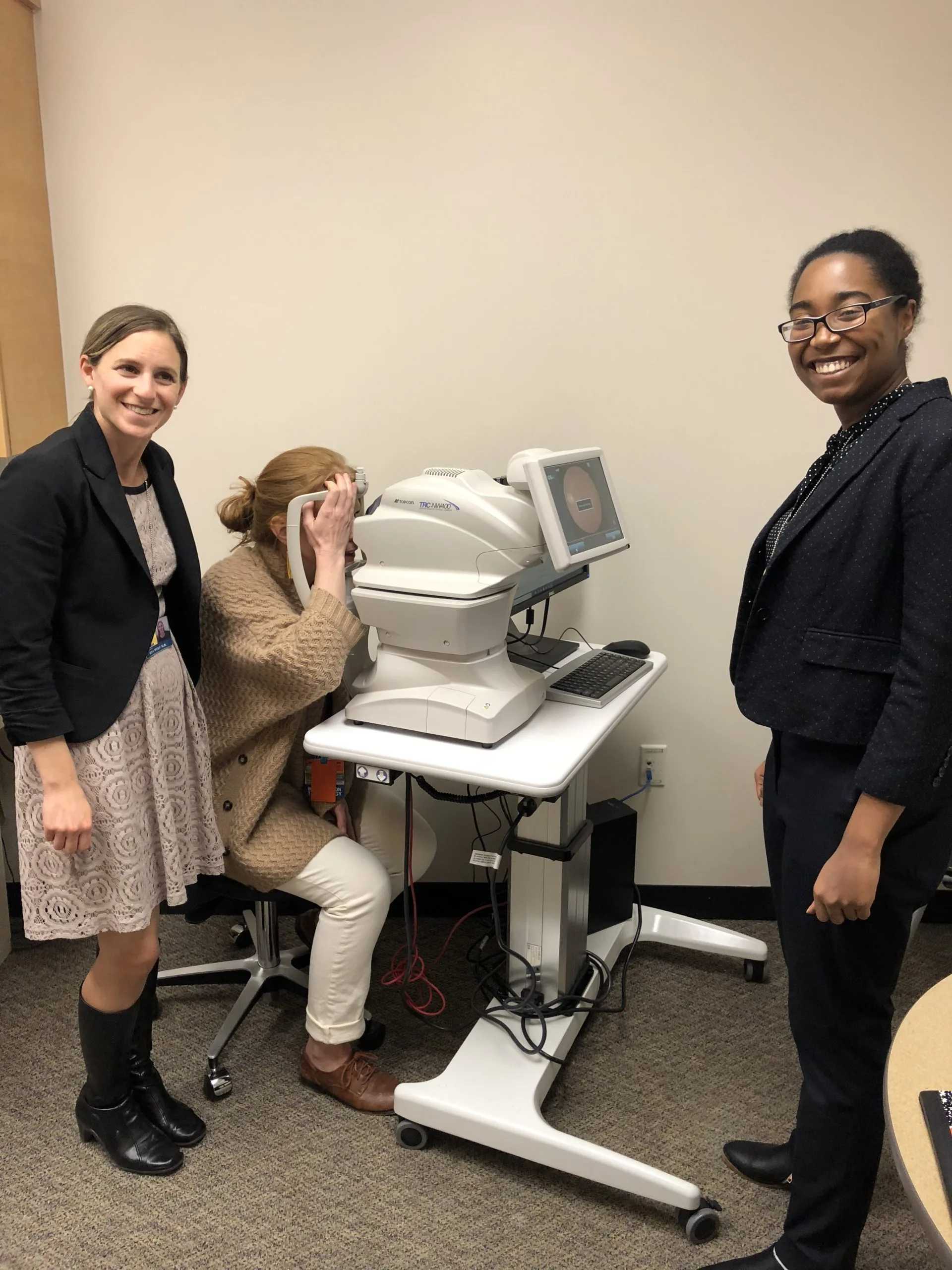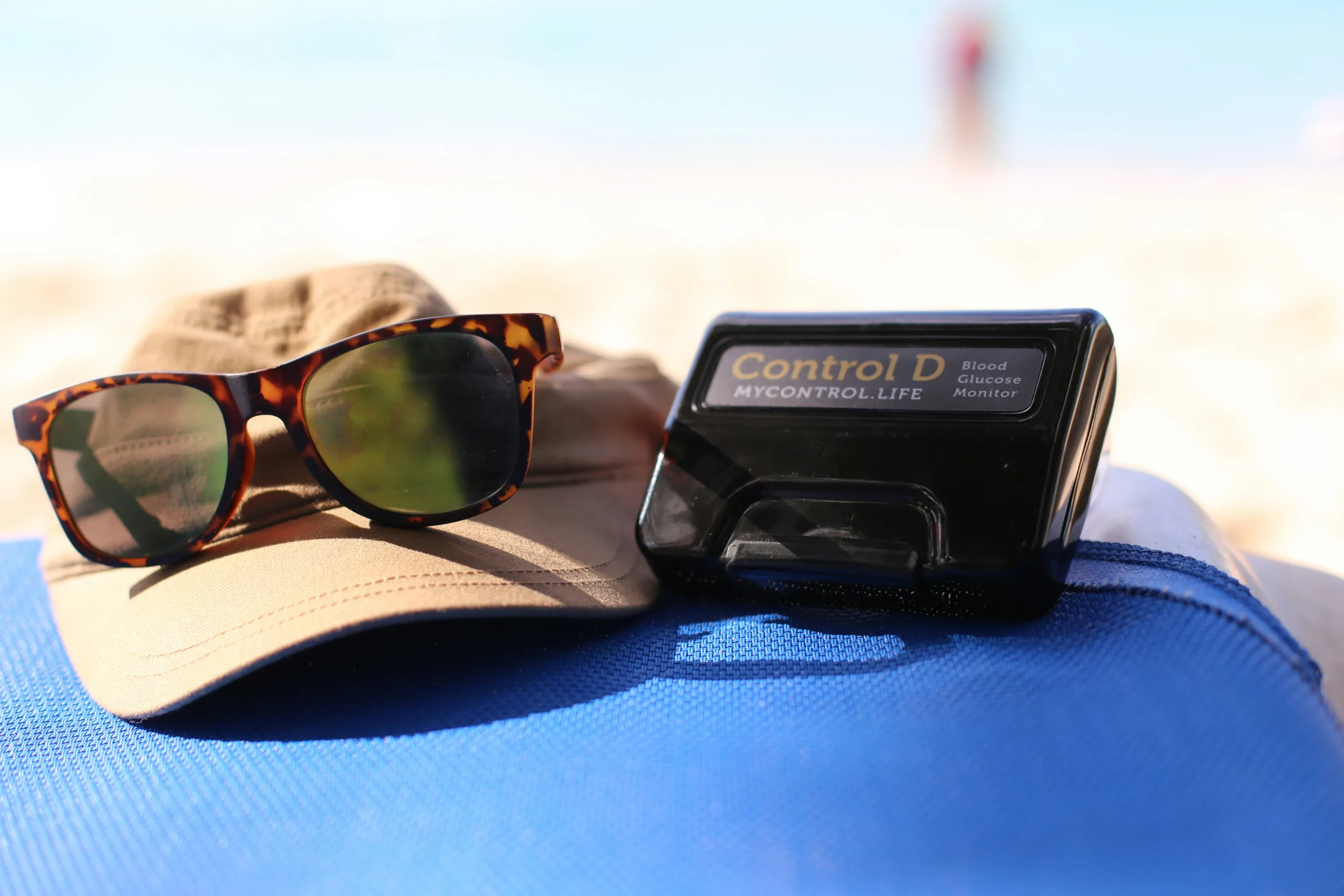A major challenge of type 1 diabetes is maintaining glucose levels with a target range, typically between 70 and 180 mg/dL. This can be especially difficult for children who often rely on parents or other caregivers to help monitor blood sugar levels and administer the appropriate amount of insulin as necessary. However, closed-loop insulin delivery systems are changing this process for the better for many people.
This system takes advantage of the capabilities of current technology and combines devices to enhance automation of glycemic control. Continuous glucose monitors (CGMs) and insulin pumps are two devices that many individuals with type 1 diabetes (T1D) use to help manage their condition. A CGM uses a sensor to track blood sugar levels and notify users of when they start to rise or fall. These alerts are sent to a smartphone or smartphone-like receiver. Insulin pumps can be set to automatically administer a certain dosage of insulin without the individual having to measure and inject it themselves.
Researchers have figured out a way to combine these systems to form a closed loop where blood sugar is continuously monitored and insulin is automatically administered in response to changes with little to no input from the individual. In a recent study involving 101 children with T1D between the ages of 6 and 13, researchers found that those who used a closed-loop system of insulin delivery remained within target glucose ranges for a higher percentage of time than those children only using a sensor-augmented insulin pump.
At the end of the 16-week study, the percentage of time in range increased from 53±17% to 67±10% for the closed-loop group, but it only increased from 51±16% to 55±13% for the sensor-augmented insulin pump (control) group. This equated to around a 2.6 hour per day difference. Maintaining stable blood glucose levels is essential for good health and reducing risk of hypoglycemia and diabetic ketoacidosis (DKA). Neither group reported episodes of severe hypoglycemia or DKA during the trial.
As technology advances, this empowers individuals with type 1 diabetes with more options for managing their condition. The Diabetes Research Connection (DRC) continues to follow improvements in the field and is interested to see how this will impact the future of closed-loop systems and their use in children and adults with T1D. The DRC is committed to supporting diabetes research and provides critical funding for early career scientists pursuing novel, peer-reviewed projects focused on T1D. Learn more about current projects and how to help by visiting http://localhost/drc.
Please DONATE NOW so DRC can keep bringing you credible, peer-reviewed T1D news and research.
Thank you




